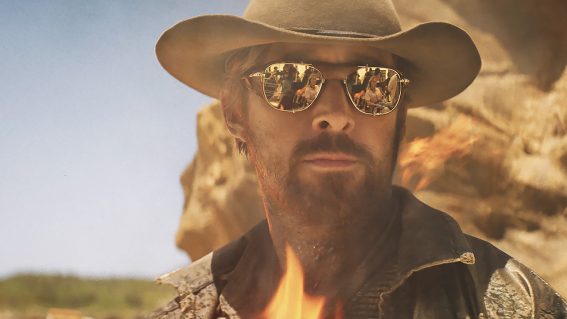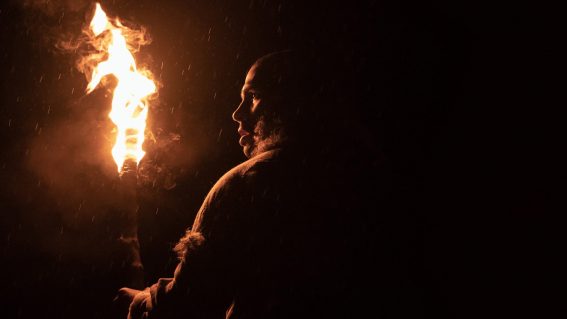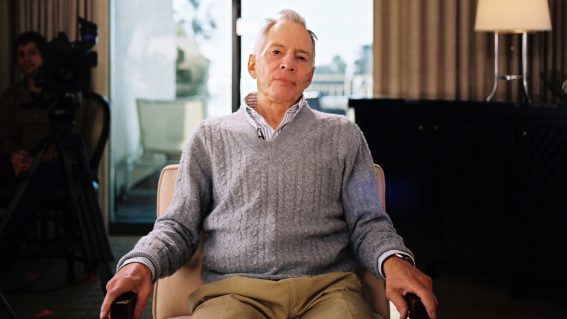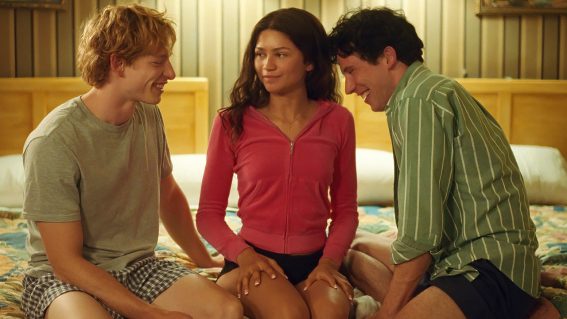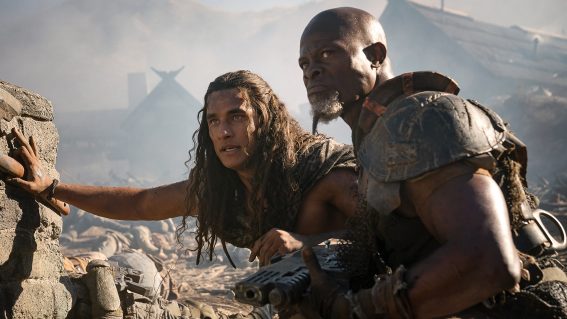You Hurt My Feelings reveals dishonesty and a captivating Julia Louis-Dreyfus
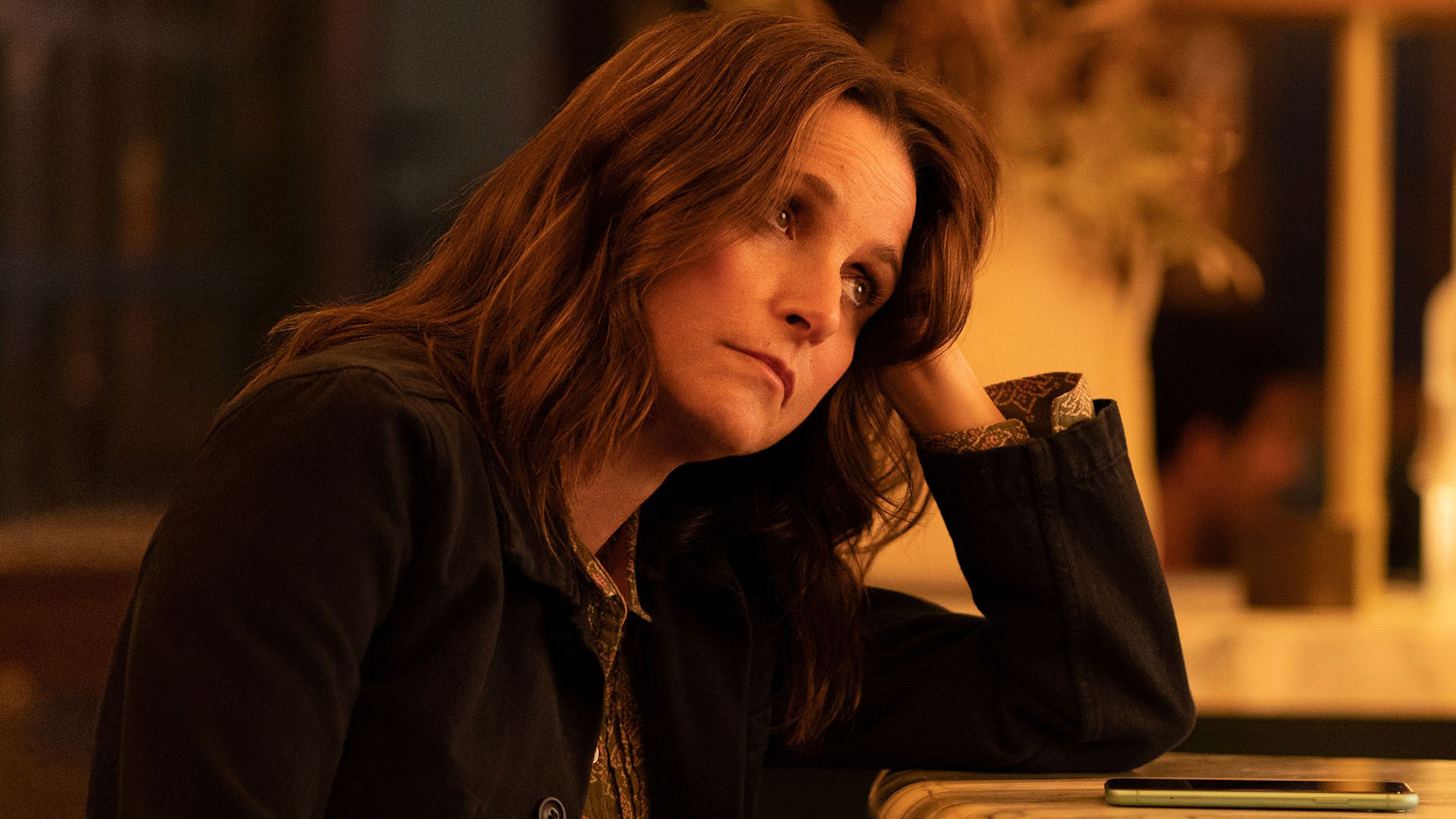
An overheard conversation upends a marriage in lightly comedic A24 drama You Hurt My Feelings. Reteaming with Julia Louis-Dreyfus, director Nicole Holofcener again proves expert at making audiences wriggle uncomfortably, writes Cat Woods.
The most compelling, versatile comedians have a certain pathos that hints towards a darkness just under their witty, razor-sharp one-liners. Julia Louis-Dreyfus delivers a comprehensive, captivating portrait of an unspectacular woman, Beth, and her unspectacular marriage to the (yes, unspectacular) Don. They’re plodding along in a marriage that is predictable: loving but not lusty, dependable, and predictable. And then—with one ill-timed revelation—Don (Tobias Menzies) upends their lives.
He doesn’t do anything wild, and that’s why this film resonates so deeply and so broadly with audiences of various ages, cultures and genders. In an effort to appease his author wife’s confidence and to keep the peace, he assures Beth that he loves the latest draft of her book, which he has been reading in various draft iterations for the past two years.
Through sheer bad luck on Don’s part, and to our cringing chagrin, Beth overhears her husband confessing to her brother-in-law Mark (Arian Moayed) in a Manhattan sports store—he doesn’t like the book, but he feels obliged to keep up the facade of enjoying it. We immediately see why Don feels so inclined: Beth weeps to her sister Sarah (Michaela Watkins) that she’ll never be able to trust Don again.
Duly, Beth begins a strategy that both serves to punish Don and to salvage her own dignity and a semblance of professional pride. She sleeps on the sofa and avoids speaking to her husband before finally revealing to him that she overheard him criticising her book. Writing is such an enormously personal process, as anyone who has ever had work published will know. It is an art that expresses a series of micro- and major choices across emotional, intellectual, syntax and language spheres. When Don criticises more than merely a sentence or two, and his dislike encompasses Beth’s whole book, it represents years of work. That’s an admission, certainly in Beth’s mind, that perhaps, fundamentally, he doesn’t like how her mind functions and express ideas. Maybe he doesn’t really like her.
Objectively, she is a successful and proven author. Beth has released a successful and critically lauded memoir of her emotionally abusive father, which has set a benchmark for her next work. She is not only an author though, she’s also a writing teacher. This is her expertise, but writing is also her identity: writing is what she does and who she is. Don’s sentiments about her writing, and his willingness to deceive her for so long, however noble his intentions, have peeled a layer of Beth’s defensive skin from her and she is consequently exposed, uncertain and defensive in her other relationships. Though the heart of the narrative focuses on Beth and Don, her mother (Jeannie Berlin) and her sister are both a source of comfort and distress as only mothers and sisters can be.
As with director Nicole Holofcener’s past movies, including Friends With Money and Please Give, her protagonists are middle-class, smugly semi-progressive city dwellers with all the accoutrements of accomplishment: degrees, sturdy jobs, chic apartments in affluent cities and no modicum of genuine understanding of struggle or suffering. To that end, their battles, emotional grievances and preoccupations might seem superficial and privileged in theory. In reality, Beth and Don’s otherwise comfortably numb lives allow this transgression to thunder beneath them like an earthquake, rippling out with aftershocks as they continue to try to evaluate their present relationship and to re-evaluate all they took for granted as a couple for so long.
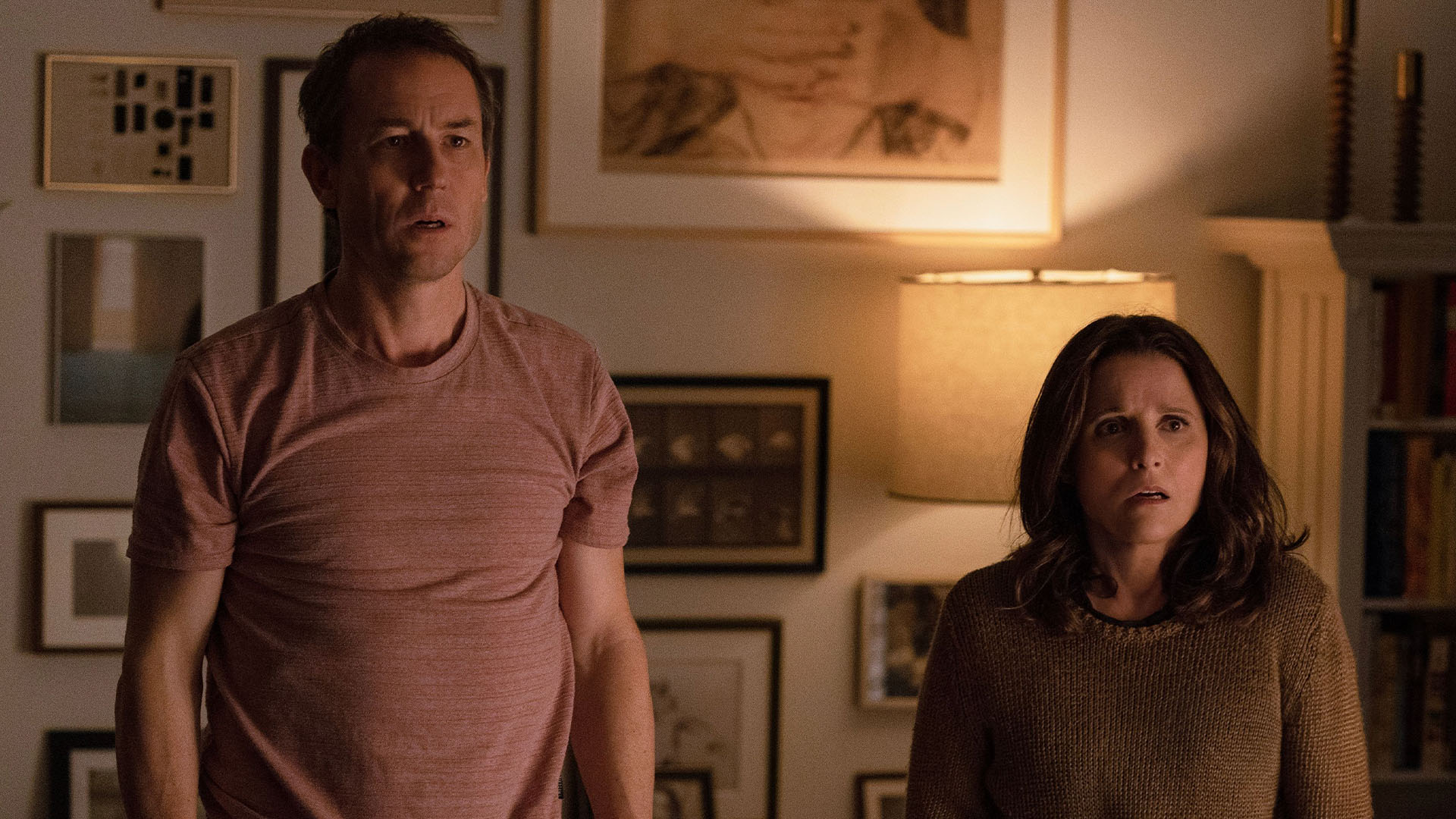
Is this one dishonesty merely the tip of the iceberg? Has Don translated his professional neutrality as a therapist to his relationship with Beth, and is that because he doesn’t love her? Does her son (the bland weed shop worker played by Owen Teague) think her work is irrelevant or—worse—bad, too? Has he been lying to her to keep the peace, like his father?
A decade ago, Holofcener and Louis-Dreyfus worked together with James Gandolfini on Enough Said, which also exposed the casual cruelties and frail egos of middle-class, unspectacular adults. There are no explosions, or game changing revelations in the way of affairs and traumas exposed. Holofcener is not a director who wants her audience on the edge of their seats. Rather, she’s an expert at making audiences wriggle uncomfortably in those seats, inadvertently questioning our own motivations and intentions. Whoever you go to this movie with, pray they don’t ask you for an honest opinion of their work anytime soon.





